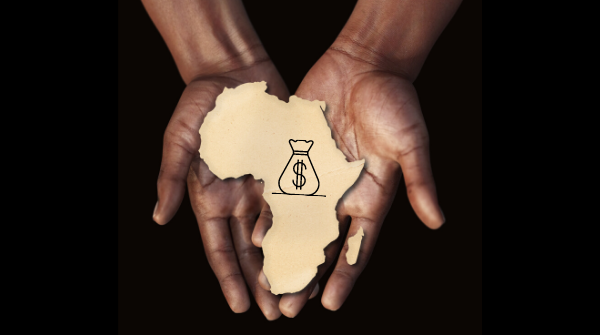Nigerian blue-chip companies experienced a dramatic rise in interest costs in 2024, with ten major firms collectively spending over N1.42 trillion on debt servicing a 146% increase compared to the previous year. This financial burden, attributed to higher borrowing and elevated interest rates, is weighing heavily on corporate earnings across key sectors.
The spike in interest expenses followed the Central Bank of Nigeria’s (CBN) aggressive monetary tightening policy aimed at reining in inflation and restoring positive real returns. While these measures target economic stability, they’ve had the unintended consequence of driving up the cost of credit for businesses.
An analysis of audited financial reports from major players—including Dangote Cement, MTN Nigeria, Nestlé Nigeria, Seplat Energy, and BUA Cement—reveals that interest expenses consumed 36% of their combined operating profit of N3.93 trillion in 2024. The firms also saw their total loan obligations rise sharply by 58.6%, from N5.12 trillion in 2023 to N8.12 trillion in 2024.
Company Highlights: Winners and Strugglers
Dangote Cement posted the highest interest bill, totaling N448.08 billion, up 210% year-on-year. This surge was fueled by a N1.54 trillion increase in loans and higher borrowing costs, pushing its net debt-to-equity ratio to 0.95.
MTN Nigeria followed closely with N422.94 billion in interest expenses, over half of which stemmed from lease-related financing. Although its loan book shrank by 17%, rising interest rates (as high as 35%) contributed to mounting costs. The telecom giant also recorded a N925.36 billion foreign exchange loss, leading to a pre-tax loss of N550 billion despite a partial recovery in share price.
Nestlé Nigeria saw its interest costs balloon by 169% to N101.82 billion, primarily due to a significant increase in borrowings. With a debt-to-asset ratio of 76%, the company’s interest payments accounted for over 60% of operating profits. Nestlé also posted a pre-tax loss of N221.59 billion, exacerbated by foreign exchange losses.
Seplat Energy, in contrast, weathered the storm better. Its interest expense rose to N127 billion due to two new loan facilities, yet strong earnings ensured its interest coverage ratio improved to 5.10x. The company also reported a 316% increase in earnings per share, although its stock remained flat.
Other firms such as Nigerian Breweries (N98 billion), Dangote Sugar (N92.37 billion), BUA Cement (N56.11 billion), BUA Foods (N29.91 billion), Aradel Holdings (N22.21 billion), and Lafarge Africa (N17.89 billion) also reported notable increases in interest expenses, with several struggling to maintain profitability amid rising debt service obligations.
Outlook: Tighter Margins, Tougher Decisions
As Nigeria’s interest rate environment remains elevated, many firms—particularly in consumer goods and manufacturing—are being squeezed by a combination of rising finance costs and significant foreign exchange losses. For some, like Seplat, strong fundamentals have helped offset the impact. But for others, the pressure continues to mount.
Analysts warn that firms with weak cash flows and high leverage may face further financial stress if borrowing costs remain high. Investors are increasingly advised to track interest coverage ratios, net debt levels, and forex exposure when assessing company health in today’s challenging economic climate.










